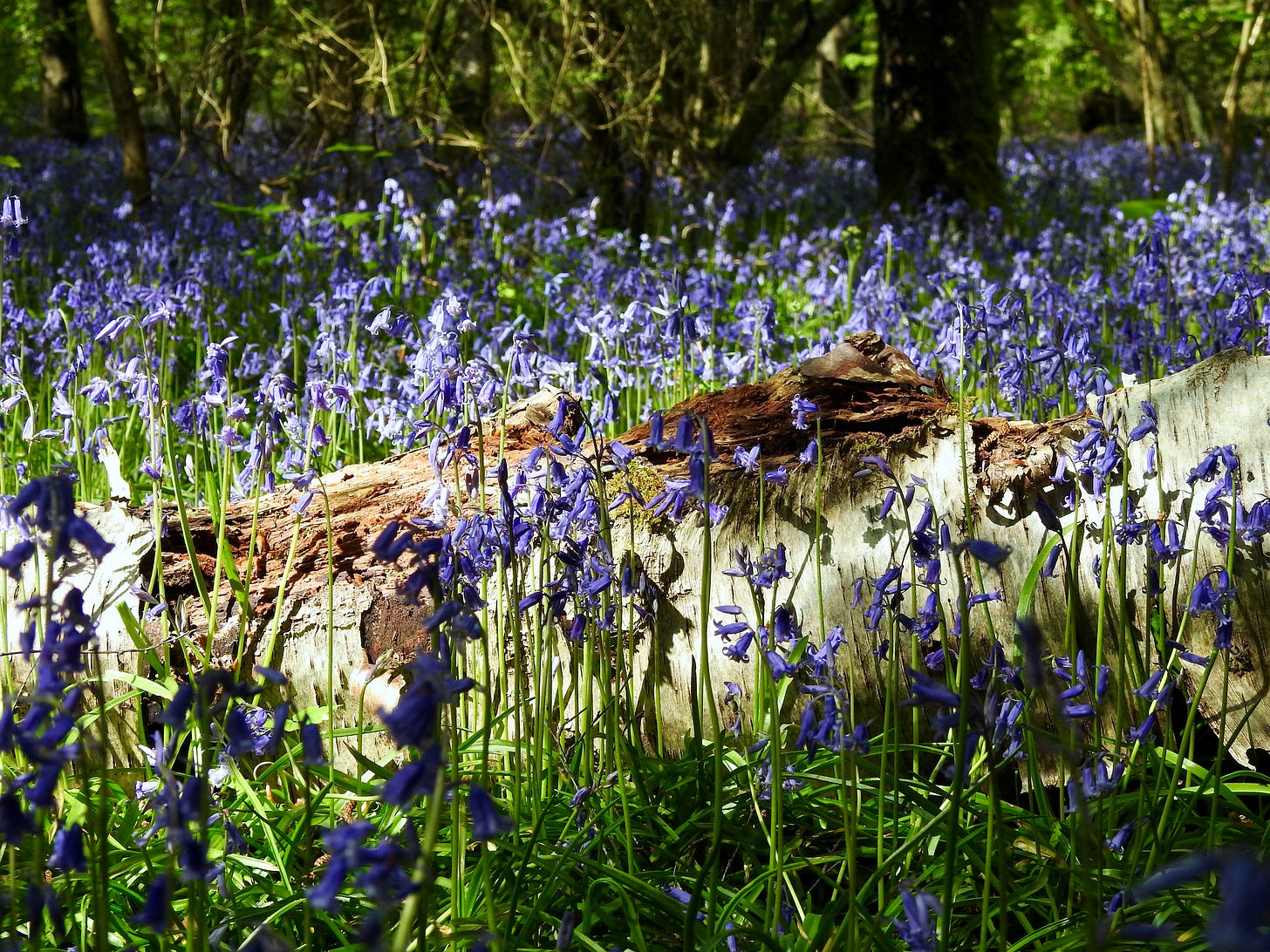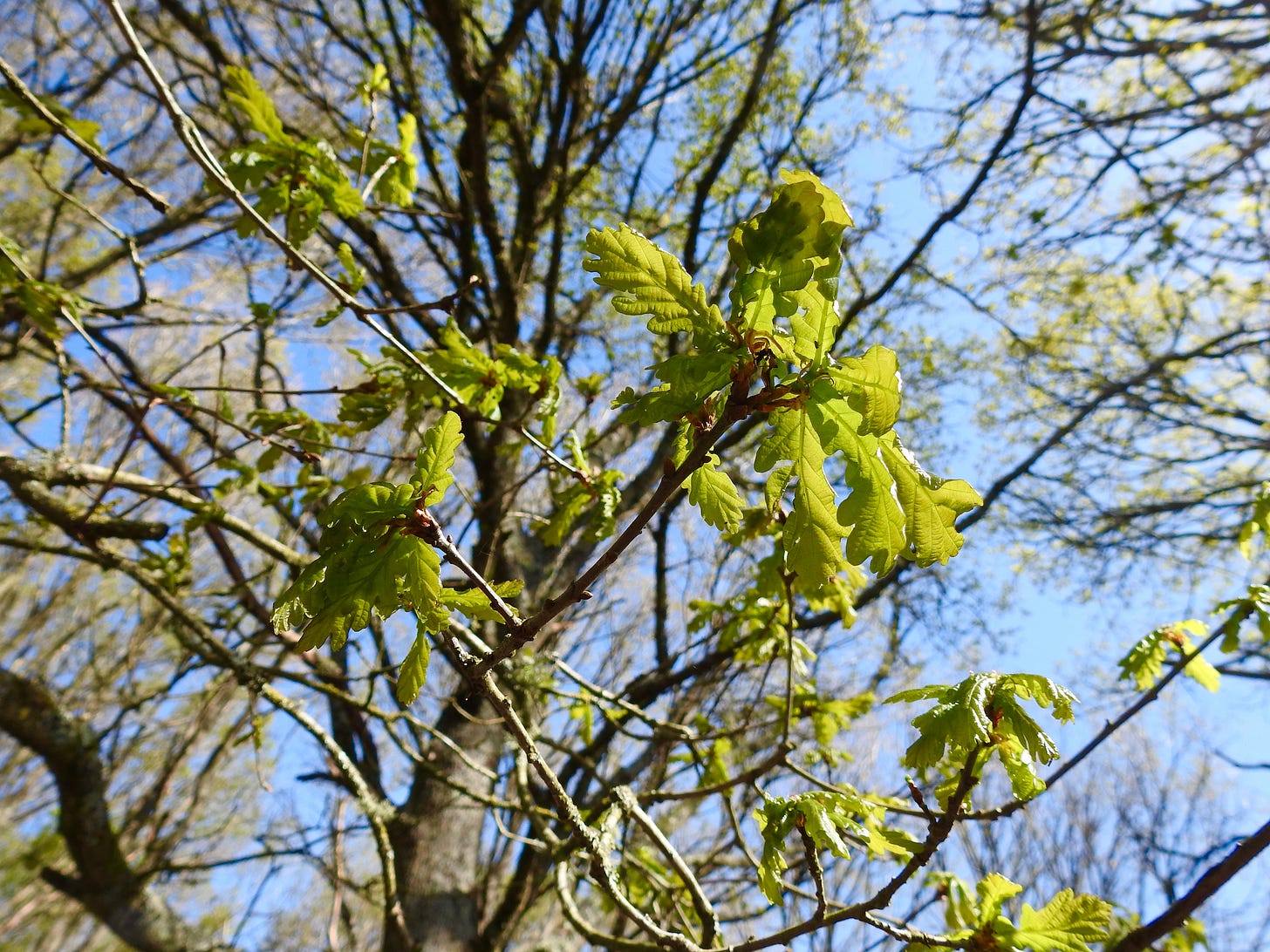The Folly of Time
I was listening to a podcast recently about a man in Alabama who repaired antique clocks for a living, and in one episode the narrator reflects on how many ways we have found to mark the passing of time. Sundials, watches, star maps, atomic clocks, calendars, epochs. It is useful, of course, to have a universal time system when living in the Anthropocene (there’s another!), because modern humans like to feel in control of everything. Unable to cope with the chaotic nature of the universe, we measure and mark things out to reassure ourselves that we know the unknowable, but we’d be foolish to believe our interpretation of time is the only way of navigating the cosmos.
Last weekend I visited the warehouse where my Grandad used to run his clothing business. It’s been closed for a while now and most of the stock and machinery moved out, but there are still relics hidden in drawers and boxes; a bagging machine over here, and over there an empty cabinet that once held pearl buttons (according to the label). Our visit marked the first time I had been there in several years. It was like stepping back into the not-too-distant past; standing in my thirty one year old body, but seeing the place through twenty one year old eyes. I could still remember earning sub-minimum-wage pocket money as a teenager, helping to hoover and repackage old stock within a dusty cyclone of static shocks. My mind wandered, pleasantly.
Later that afternoon I decluttered my books, deciding once and for all that a title would only be kept if I really loved it. I cleared out an entire shelf and it was very satisfying, but I also found there were many that felt like portals when I picked them up, like the portkeys in Harry Potter. A book from my university degree took me straight back to the students’ union with a pint of cider and black in hand. George Eliot’s Middlemarch carried me back to my third year house full of six English students, five of whom sat the exam without actually finishing that damn paving slab of a book. (Reader, I was one of those five.) Several were full of annotations and secret messages, while others held lost bookmarks, leaflets and forgotten postcards. Each was a portal to the past. A precious thing.
We walked in the bluebell woods this morning and saw the passage of time weaving its way through the flowers. The slow decay of autumn and winter had passed, and a new turn of the wheel had erupted into nettles and petals and blue tits feeding their chicks in boxes nailed to oak trees. The problem with our interpretation of time is that it relies on beginning and endings - the end of the working week, the first day of the tax year, the birthday pendulum striking a new age, the gravestone marking the end of a life. But that interpretation makes no sense in the real world, because in nature there are no beginnings or endings. Life reforms and reshapes itself like a starling murmuration; atoms leave one body to join another.
Here in the bluebell woods, my dogs and children and I are surrounded by a dappled cerulean soup, lightly scented and swimming with spring momentum. This, I think, is what time must look like. Nothing smooth or linear - only a soup of wildflowers in all its colour and chaos, reaching up to the sun, rooting down into the earth, and always swimming, swimming, swimming with the intangible aroma of life.





This is beautiful Tiffany.
What a lovely piece of writing. I find it so hard to let go of my books as it’s not just the story they tell on the pages but part of the story of our lives.